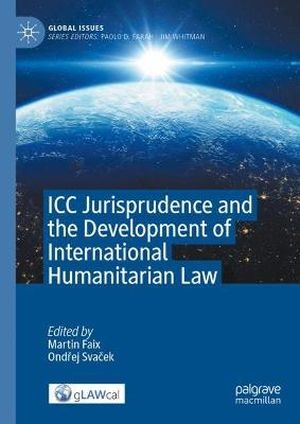
This book explores how International Humanitarian Law (IHL) has been developed in the jurisprudence and practice of the International Criminal Court (ICC).
A partial focus is given to the phenomenon of child soldiering which became symptomatic for the early practice of the ICC.
The book provides readers with broad insight into the activity of the ICC. The first part contains chapters focused on the methodology of law-finding before the ICC, i.e., identification, interpretation, and application of the law. The authors address complex issues concerning the mutual relationship between treaty law (Article 8 of the ICC Statute) and customary international (humanitarian) law and explore the relevance of IHRL in the application and interpretation of Article 8 of the Rome Statute.
The second part consists of chapters focused on substantive international criminal law.
The authors address issues concerning contextual elements of war crimes, passive personal scope of IHL, denying judicial guarantees as a serious breach of IHL, forms of responsibility, and circumstances precluding wrongfulness.